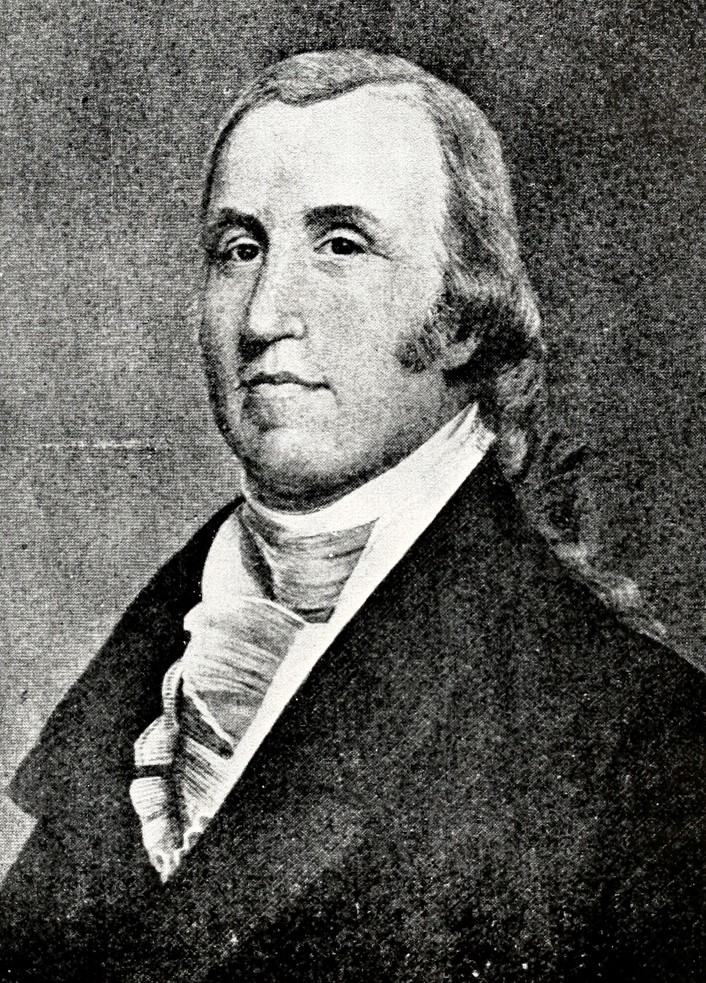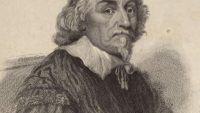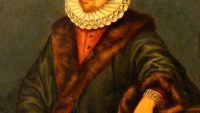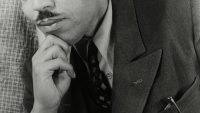William Clark was an American explorer, soldier, and territorial governor who is best known for his role as the leader of the Lewis and Clark Expedition. Born on August 1, 1770, in Virginia, Clark was the younger brother of Revolutionary War hero George Rogers Clark. He received a limited formal education but developed practical skills in surveying, mapmaking, and military tactics.
In 1804, President Thomas Jefferson appointed Clark, along with Meriwether Lewis, to lead an expedition to explore the newly acquired Louisiana Territory and to find a route to the Pacific Ocean. The Lewis and Clark Expedition, also known as the Corps of Discovery, departed from St. Louis in May 1804 and embarked on a journey that would take them across the western United States to the Pacific Coast and back.
As co-leader of the expedition, Clark played a crucial role in its success. He was responsible for mapping the route, recording observations, and establishing diplomatic relations with Native American tribes encountered along the way. Clark’s leadership, courage, and resourcefulness were instrumental in overcoming the numerous challenges and obstacles faced by the expedition, including harsh weather, rugged terrain, and encounters with unfamiliar cultures.

Do you want to know more about William Clark? Here are 10 interesting facts about William Clark to know more about him.
- Military Background : William Clark served in the United States Army, rising to the rank of captain before his involvement in the Lewis and Clark Expedition.
- Brother of George Rogers Clark : William Clark was the younger brother of George Rogers Clark, a Revolutionary War hero known for his victories in the western theater of the war.
- Surveyor and Mapmaker : Clark developed skills in surveying and mapmaking, which proved invaluable during the Lewis and Clark Expedition. His expertise helped the expedition navigate and document the uncharted territory they encountered.
- Co-leader of the Lewis and Clark Expedition : President Thomas Jefferson appointed Clark, along with Meriwether Lewis, to lead the historic Lewis and Clark Expedition, which explored the Louisiana Purchase and the Pacific Northwest.
- Diplomat and Negotiator : Clark played a crucial role in establishing diplomatic relations with Native American tribes encountered during the expedition. His diplomacy helped ensure the expedition’s safety and facilitated trade and communication with indigenous peoples.
- Fort Clatsop : During the winter of 1805-1806, the Lewis and Clark Expedition established Fort Clatsop near the mouth of the Columbia River as their winter encampment. Clark was instrumental in overseeing the construction and management of the fort.
- Marriage and Family : Clark married Julia Hancock in 1808, and the couple had several children. His family life provided him with stability and support throughout his later endeavors.
- Governor of the Missouri Territory : After the expedition, Clark served as the governor of the Missouri Territory from 1813 to 1820. He played a significant role in the territorial government and promoted the expansion and development of the region.
- Legacy of Exploration : Clark’s contributions to the exploration and mapping of the American West have left a lasting legacy. His meticulous documentation and mapping of the expedition’s findings provided valuable information for future explorers and settlers.
- Final Years : William Clark spent his later years in St. Louis, Missouri, where he continued to be involved in various civic and governmental roles. He passed away on September 1, 1838, leaving behind a legacy of exploration, leadership, and service to his country.
William Clark’s legacy as an explorer, soldier, and diplomat is deeply intertwined with the history of the American West. As the co-leader of the Lewis and Clark Expedition, he played a pivotal role in charting a path through the uncharted territories of the Louisiana Purchase and establishing diplomatic relations with Native American tribes. His skills as a surveyor, mapmaker, and negotiator were instrumental in the success of the expedition, which provided valuable insights into the geography, flora, fauna, and indigenous peoples of the region. Beyond his exploration efforts, Clark’s service as a territorial governor and his contributions to the development of the Missouri Territory further solidify his place in American history. William Clark’s legacy continues to inspire admiration for his courage, leadership, and commitment to exploration and diplomacy in the early days of the United States’ westward expansion.



